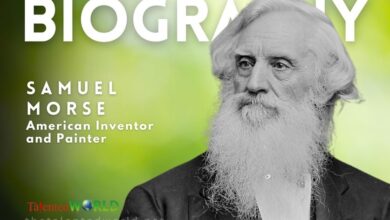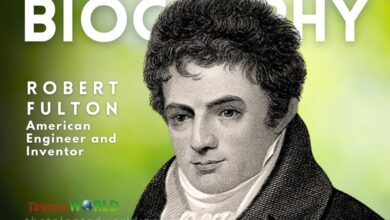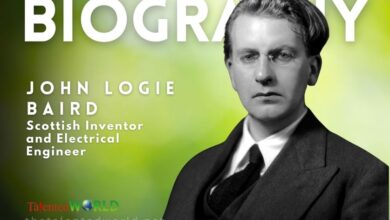| Full Name | Thales of Miletus |
| Birth Date | c. 626/623 BC |
| Birth Place | Miletus, Ionian League (modern-day Balat, Didim, Aydın, Turkey) |
| Death Date | c. 548/545 BC (aged c. 78) |
| Era | Pre-Socratic philosophy |
| Region | Western philosophy |
| Philosophical School | Ionian / Milesian |
| Main Interests | Metaphysics, mathematics, astronomy |
| Notable Ideas | Philosophical inquiry, water as the arche, Thales’s theorem, intercept theorem, “Know thyself,” static electricity |
| Contribution to Philosophy | Regarded as the first philosopher in the Greek tradition, breaking from mythology to explain the world through natural philosophy. |
| Contribution to Mathematics | Thales’s theorem, intercept theorem, calculated the heights of pyramids and the distance of ships from shore |
| Contribution to Astronomy | Predicted a solar eclipse, discovery of the position of Ursa Major, timings of solstices and equinoxes |
| Engineering Feat | Diverted the Halys River |
| Historical Source | Main source is Diogenes Laërtius’s “Lives and Opinions of the Eminent Philosophers” |
| Notable Achievement | Predicted a solar eclipse in 585 BC |
| Legacy | One of the Seven Sages of Ancient Greece |





